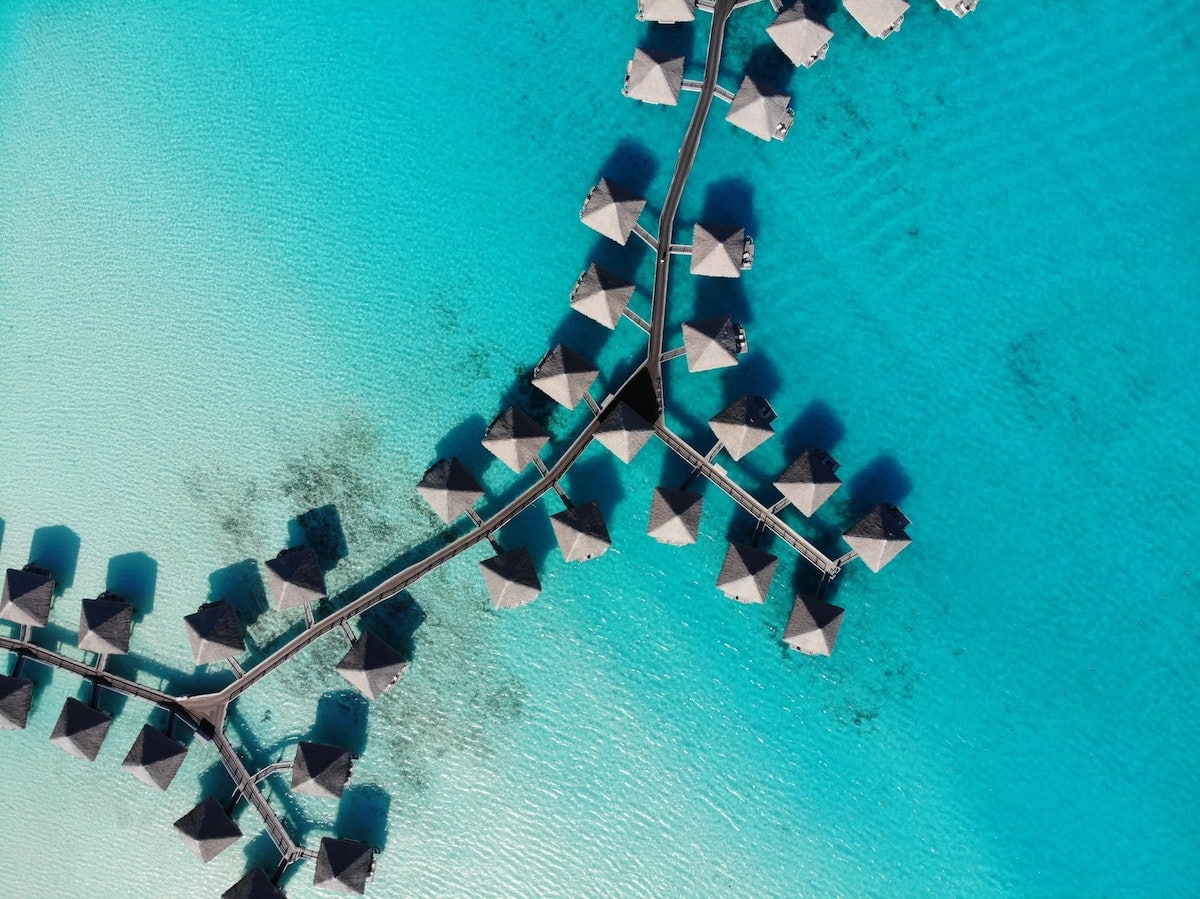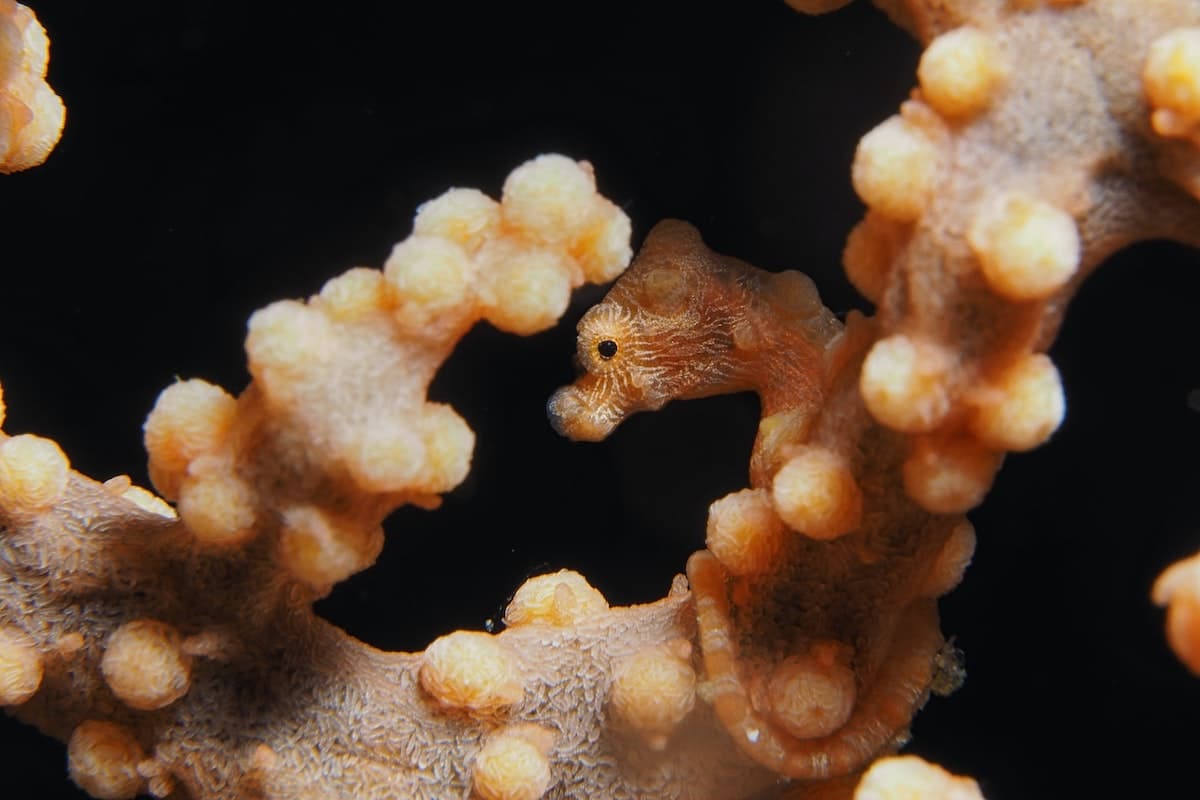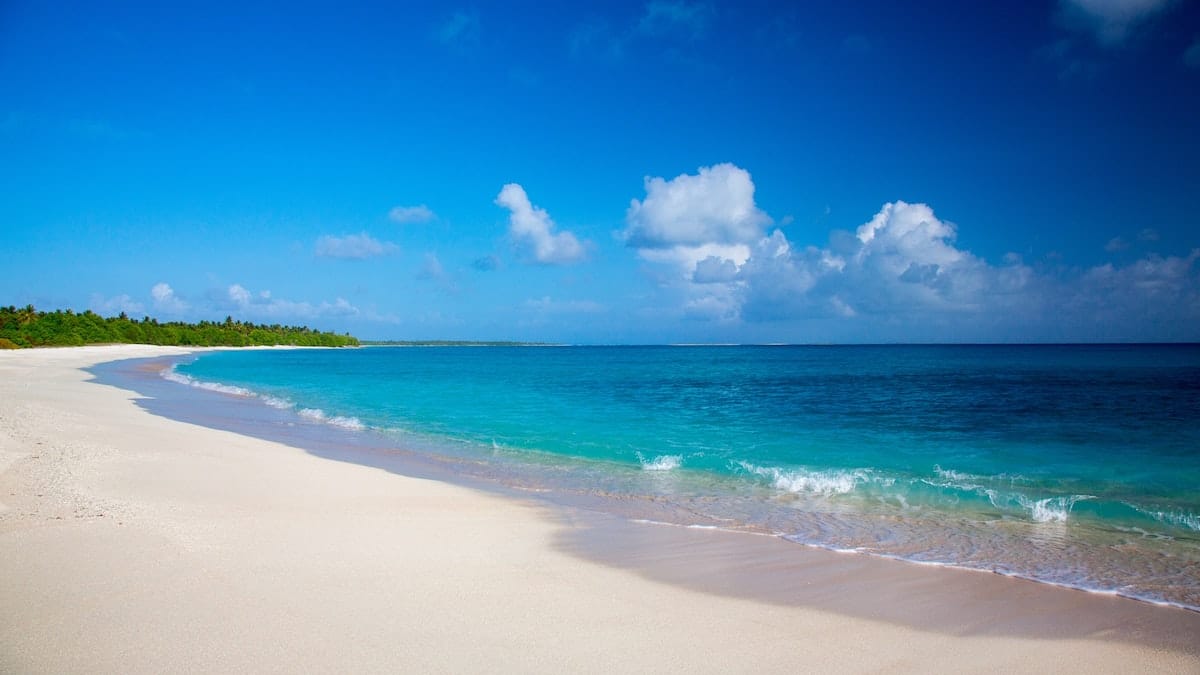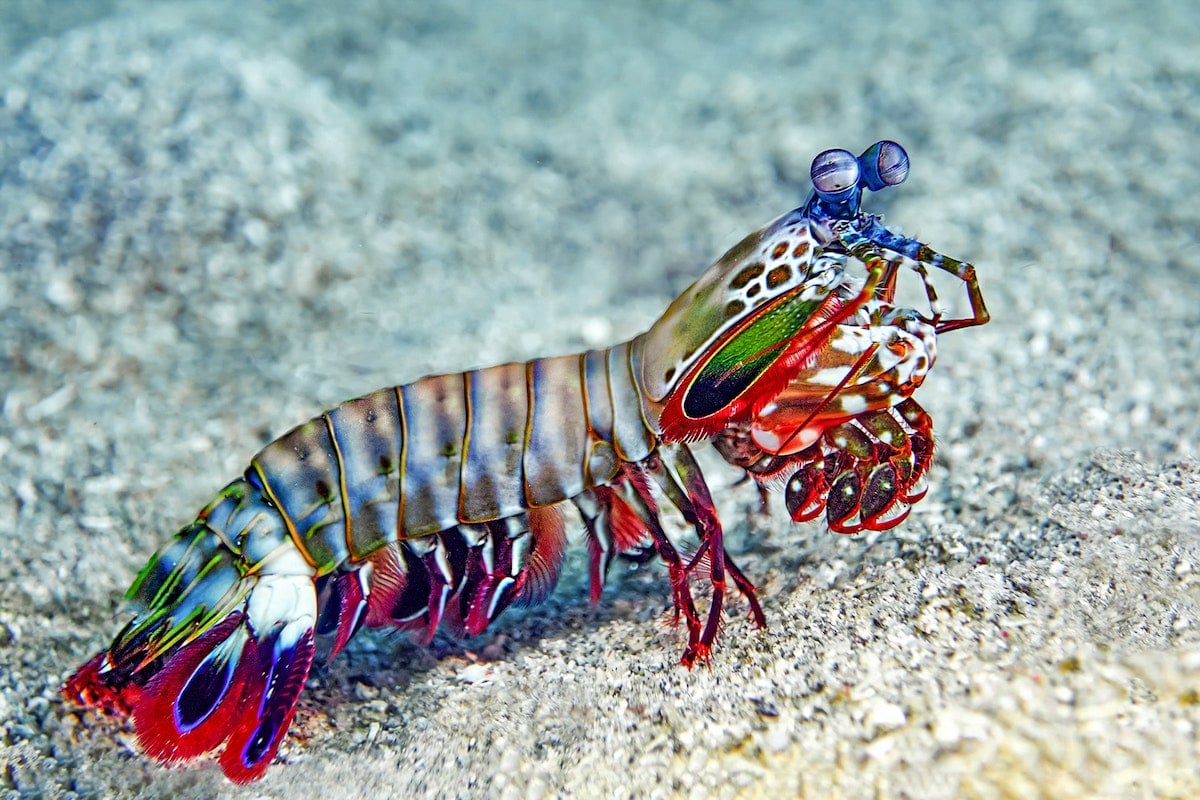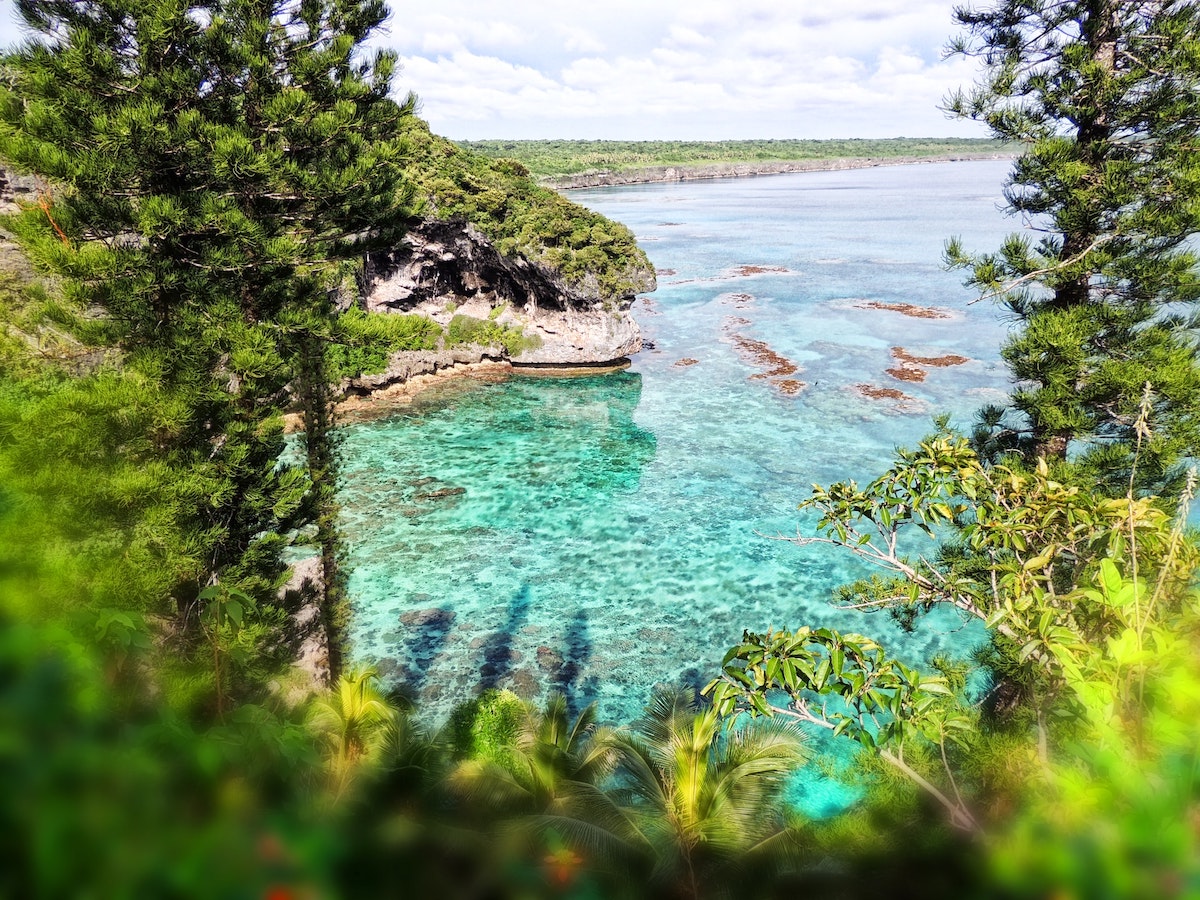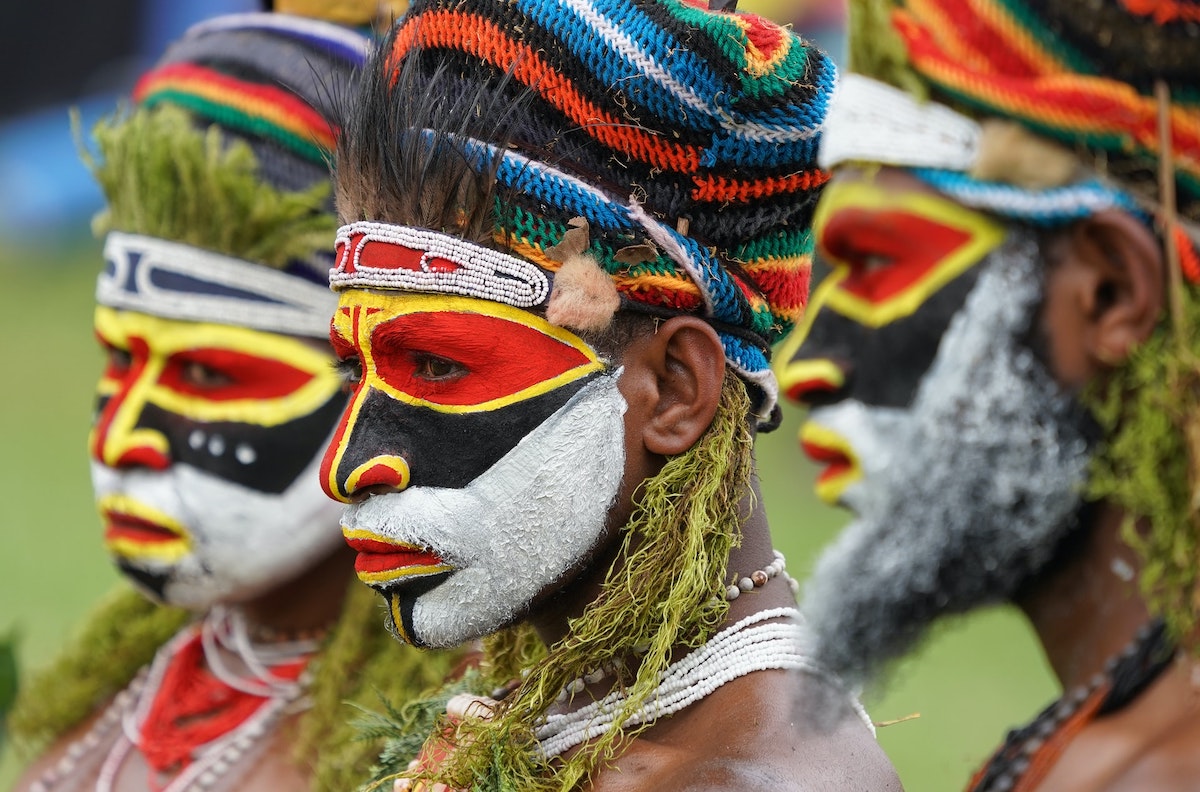News
Top 12 Dive Destinations in Oceania – Part 2
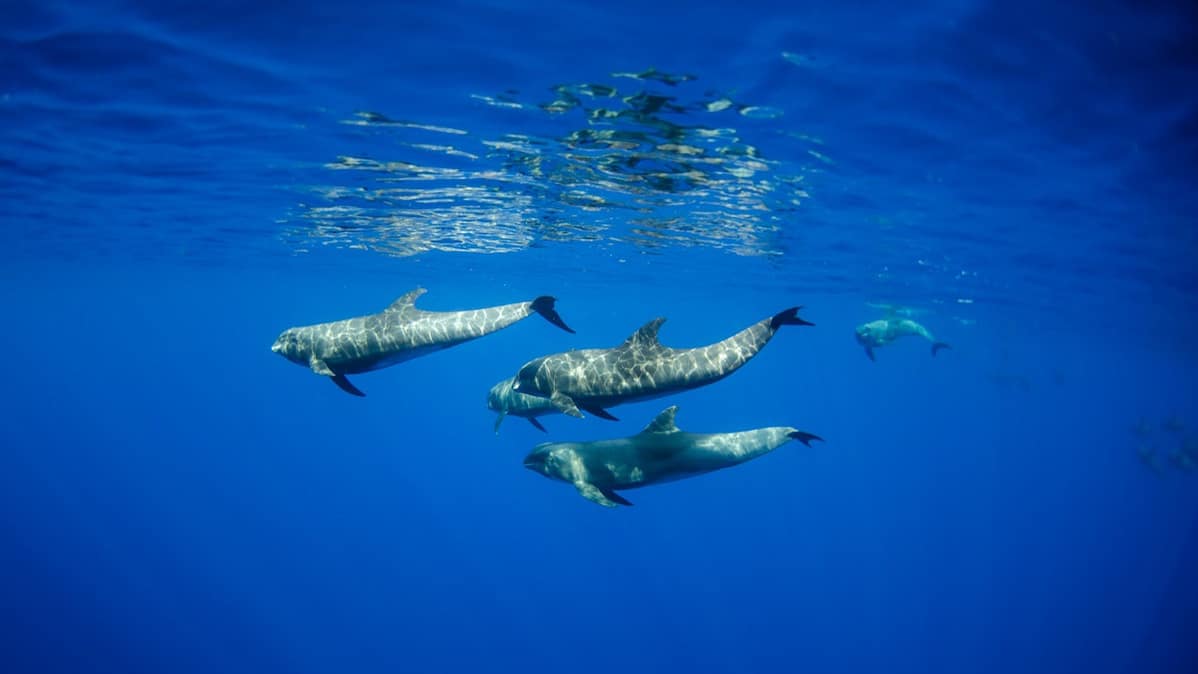
Oceania has a fascinating mixture of well-known romantic destinations and wild, remote dive spots that few people ever get to visit. It is a region of contrasts with enough dive destinations and cultural highlights to satisfy even the most adventurous divers. In part II of 12 great places to go diving in Oceania, we take a deep dive into some of this region’s most famous and little-known islands. Get inspired for your next dive trip to Oceania here.
French Polynesia
French Polynesia’s Society Islands have a stellar list of dive destinations, including Tahiti and Moorea. Between them, they offer easy coral reef diving and calm, turquoise lagoons with friendly stingrays and blacktip reef sharks. You can also swim with humpback whales, tiger sharks, lemon and nurse sharks there.
This beautiful nation’s best-known dive spots, Fakarava and Rangiroa atolls, are just a short flight away from the Society Islands. Both of these huge atolls offer exciting pass dives with hundreds of grey reef sharks and resident dolphins.
For a completely different dive experience, visit the Marquesas Islands. This island group is the farthest from any landfall on Earth and has a unique underwater world that hosts unusually large mantas and melon-headed whales.
And if that all sounds like too much effort, go Bora Bora scuba diving instead. This ‘Pearl of the Pacific’ has fantastic diving, and you can spend your downtime relaxing with champagne lunches on deserted islands.
The Solomon Islands
The Solomon Islands are a haven for more than 1000 reef fish species and numerous prized critters, plus dolphins, sharks, rays and six species of sea turtle. Hosting hundreds of wrecks and remote hard coral reefs, there is something for every diver there.
The Russell Islands host some of the best-known dive sites in all of the Solomon Islands. There, you can glide between the walls of a crevasse that cuts through an island, immerse yourself in wreck diving at White Sand Beach, swim through a halocline at Custom Caves, or go in search of pygmy seahorses.
For the best wreck diving, make sure you visit Iron Bottom Sound. This stretch of water hosts around 200 ships and more than 600 aircraft wrecks from World War II. It is a wreck diving mecca that offers excellent tech-wreck dives.
The Marshall Islands
The Marshall Islands is a chain of volcanic islands and coral atolls that few people know about. As the fifth least visited country in the world, these islands offer remote diving among exciting deep wrecks and vibrant coral reefs.
Bikini Atoll is the main dive destination in the Marshall Islands. Made famous by US atomic bomb tests in the 1940s, this atoll hosts numerous deep wrecks that offer incredible tech diving.
As well as some of the best tech-wreck dives imaginable, the Marshall Islands also have thriving hard coral reefs without any dive crowds. There are pinnacles, drop-offs, channels and shallow coral gardens to explore, busy with colorful reef life.
The Cook Islands
When it comes to warm welcomes, it’s hard to beat the Cook Islands. From the moment you arrive, you will be drawn into one of the friendliest nations in the world and won’t want to leave.
This wonderful country is a perfect place to get your Open Water Diver certification or take your family diving. Rarotonga is the main destination for tourism and is a charming island with fresh markets, cafes, restaurants, and resorts tucked away among the palms. There are around 25 dive sites just offshore and gorgeous beaches for laid-back surface intervals.
Nearby Aitutaki has fewer visitors, yet it hosts around 22 dive sites, with many still being discovered. It is a great place to dive among remote coral-covered landscapes and forget the rest of the world exists. Whichever island you choose, the waters are warm and full of colorful reef life.
New Caledonia
New Caledonia is one of those wish-list destinations known for its spectacular diving, crystal-clear waters and abundant marine life. Unlike some remote destinations in Oceania, New Caledonia has modern infrastructure that makes it easy to explore at your pace – by car or island hopping with regular domestic flights.
There are over 100 dive sites scatted around New Caledonia, offering a tempting mix of deep drop-offs, thrilling drift dives, wrecks, and easy reef diving. Most diving is conducted at the New Caledonia Barrier Reef, a vast 1500 km-long reef that encloses a UNESCO World Heritage lagoon. Within the lagoon, you can explore coral-encrusted walls, channels, and easy dive sites in shallow waters.
New Caledonia’s extensive marine reserves ensure these dive sites are teeming with life. For the best chance to see mantas and sharks, visit from April until September.
Vanuatu
Vanuatu is the perfect place to reconnect with nature, offering untouched rainforests, natural swimming holes and excellent scuba diving.
Pristine reefs abound in Vanuatu, with many dive sites accessible simply by walking off the beach. Million Dollar Point is one of the most unique dive spots and hosts an array of machinery and equipment dumped by the US after World War II. The SS President Coolidge, a former World War II troop carrier, and the 1874 three-masted Star of Russia are excellent wrecks to dive.
The amount of marine life at Vanuatu’s dive sites is staggering. As well as rainbow-hued corals and countless reef fish, there are sea turtles, sharks, rays, and numerous pelagic fish. You can also go swimming with dugongs there.
Papua New Guinea
Papua New Guinea is one of the most culturally diverse countries in the world, home to more than 850 known languages and hundreds of different tribes. It is unlike anywhere else in Oceania.
Along with the Solomon Islands, Papua New Guinea has some of the healthiest coral reefs in the world, including at Kimbe Bay. This special bay was once ranked as the most beautiful reef by National Geographic.
The nearby Witu Islands are a great place to go critter hunting and drift dive among schools of tuna and barracuda. Milne Bay is the home of muck diving and offers excellent shallow muck and reef diving with numerous critters.
There are seamounts busy with reef sharks and exciting walls at Fathers Reefs, and you can dive in the shadow of jungle-covered fjords at Tufi.
Kathryn Curzon, a shark conservationist and dive travel writer for SSI (Scuba Schools International), wrote this article.
News
Go Diving Show 2025 UK Stage Speaker: Dr David Jones

Scientist, conservationist and ocean advocate Dr David Jones will be on the UK Stage at the GO Diving Show in March, introducing three talented young scientists from the University of Portsmouth to talk about their research and how it is making a difference in marine conservation.
Kelsey-Marie Cadd will be speaking about producing two artificial habitats for the spiny seahorse and the short-snouted seahorse that will encourage growth of the species, stabilise the sediment and promote the expansion of seagrass.
Joe Sargent will be talking about the degradation of kelp reefs (Laminaria sp.) around the Isle of Wight, the possible cause of the decline and the reason behind the expansion of other macroalgal species in the region.
Georgia Sharpe-Harris will be speaking about the intertidal broad leaf forests that are found around many estuaries in the UK. These unique coastal habitats have some interesting analogies with tropical mangroves and further understanding of this rich ecosystem will help to ensure that it is protected in the future.
All three will be talking about their research and the impact it can have on protecting the marine environment for future generations. They will also available over the whole weekend, along with interactive displays and equipment, at the Just One Ocean marine biology zone (stand 1051 in Hall One near the Tech Stage and the Royal Navy).
Dr Jones has been a regular speaker at GO Diving Shows over the years and has spoken on numerous subjects. He now devotes his time to preserving the oceans for future generations through his charity Just One Ocean. The charity is focussed on science, education and communication, and supports several innovative marine research projects as part of its mission.
Go Diving Show 2025 takes place at the NAEC Stoneleigh Park, Coventry, on the 1st -2nd March.
News
Go Diving Show 2025 Tech Stage Speaker: Riza Birkan

At the GO Diving Show in March, Riza Birkan – together with Murathan Yildiz – will be delivering a captivating presentation on the Tech Stage about exploring the deep World War One shipwrecks in Gallipoli.
As the region has only been open to diving for the past two years, Riza and Murathan – co-founders of Gallipoli Wrecks Diving Centre – will highlight the unique, exclusive, and deeply emotional nature of this extraordinary diving experience. They will also share insights into the challenges of filming these historic wrecks, offering a rare perspective on underwater storytelling in this remarkable location.
Riza Birkan is an experienced technical diver, instructor, and underwater photographer. Starting his diving career at a young age, Riza has specialized in technical and rebreather diving over the years, conducting dives to deep wrecks and unexplored underwater sites.
Renowned for his work on World War One shipwrecks, Riza’s passion for underwater history and expertise in technical diving have led to significant discoveries. With extensive knowledge of advanced diving technologies, he has earned a respected place in the diving community.
Go Diving Show 2025 takes place at the NAEC Stoneleigh Park, Coventry, on the 1st -2nd March.
-

 Gear Reviews2 months ago
Gear Reviews2 months agoGear Review: SurfEars 4
-

 Marine Life & Conservation2 months ago
Marine Life & Conservation2 months agoPaul Watson Released as Denmark Blocks Japan’s Extradition Bid
-

 Blogs3 months ago
Blogs3 months agoExperience Malta and Gozo in 2025: A Paradise for Divers and Culture Lovers
-

 Blogs3 months ago
Blogs3 months agoJeff Goodman Launches Underwater Moviemaker Course with NovoScuba
-

 News3 months ago
News3 months agoDive into Adventure: Limited Space Available for January Socorro Liveaboard Trip with Oyster Diving
-

 News1 month ago
News1 month ago2-for-1 tickets now available for GO Diving Show
-

 News3 days ago
News3 days agoHumpback Mother and Calf Win Underwater Photographer of the Year 2025
-

 News2 weeks ago
News2 weeks agoFilming 360 in The Bahamas


